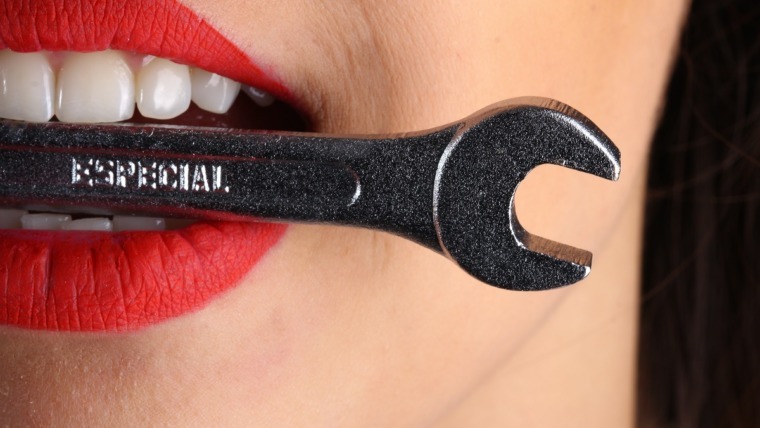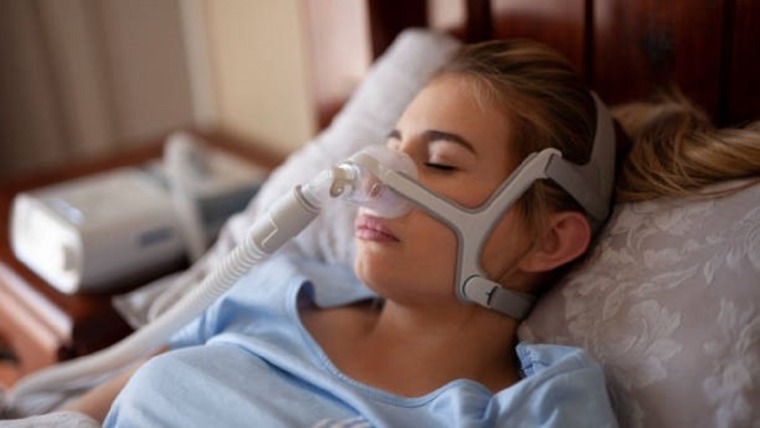
When Should You Start Brushing Your Child’s Teeth?
Written by: Dr. Tim Hart
Establishing good dental habits begins at a young age. How we prepare our children and show them the importance of taking care of our mouths and teeth will play an important role in how well established their own dental hygiene is as they grow older. As they begin to handle the routine on their own as adolescents, it’s important to know that the foundations of good dental hygiene is well established in the formative years. Usually between the ages of 3-5. Understanding when to start and how to start will go a long way in making sure they have the best dental health possible.
As soon as teeth begin to appear you should start brushing them. This is usually between 6-18months. It might seem silly to “brush” tiny teeth or gums, however getting a small child used to the idea of brushing is an important step. For a few reasons. Firstly- it helps make it normal and takes the fear away. Babies actually like having things in their mouth. Given half the chance a baby will put anything and everything in their mouth so it’s a good age to introduce a toothbrush. Let them chew on it, and slowly introduce a small amount of appropriate toothpaste and assist with brushing. Familiarising them with the taste and texture will go a long way. Secondly, the baby teeth will fall out as they get older, but some of the damage and potential side effects of poor oral health as a baby can cause problems with the still developing adult teeth. Making sure baby teeth are well looked after ensures that the underneath adult teeth have the best chance at lasting a lifetime. (Healthy Dental Habits)
Getting small children to brush their teeth can be tricky, routine is key here. Here are 4 tips to ensure your children are establishing good dental habits.
- Start with brushing their teeth every night and every morning. Make it a part of your daily rituals and routines so that your child can begin to expect that it always comes right after we eat, or that it is the last thing we do before we head to bed. The routine will help establish a healthy pattern that they can continue as they get older.
- Model good dental health yourself. If you child never sees you brush or floss your teeth they may not understand the importance of doing it, or why they should have to do it. On the other hand, if your child sees you doing it, they may want to engage and model what you are doing just because. This can make it easier to get them into their own routine and habit of caring for their teeth. (Healthy Dental Habits)
- Help them in the early stages. Of course, when they are really young we need to do the work for them. As they begin to get older, you can have them hold their hand over yours while you brush their teeth so that they get the feel for the movements that should take place. Eventually they will be able to do it on their own with a quick follow up by you to ensure there are no missed spots and then as they get the hang of things and get older, they will be able to do it all by themselves, although they may need the occasional reminder to do so.
- Make it a positive experience. Toothbrushes and toothpaste comes in such a wide assortment now that letting them find a taste and style that works best for them may help build their enthusiasm for dental health, as well as their compliance and willingness to do it. Even getting the toothbrushes that play music can help them understand how long they should be brushing without needing reminders from you.

Some children will flat out have an aversion to brushing teeth. It’s important at this stage to tread gently, but also, help the child understand the importance of brushing their teeth. Its easy to try and frighten a child into brushing their teeth ie; “if you don’t brush your teeth they will all fall out” or “you’ll have to go to the dentist and have a big needle”…. Whilst this can prompt a child to lift his/or her game it can drastically backfire and create more headaches in getting the child into a dentist for a check-up. (Healthy Dental Habits)
Some things you can do to help a fearful child
- Interactive stories – check your local library or even ask your dentist to see if they have any helpful resources. You might be pleasantly surprised what they have in their waiting rooms.
- Normalise the experience as much as possible and find a dentist who is gentle and good with children. A little bit of patience with a scarred child goes a long way.
- Talk about what to expect- sometimes a child’s apprehension comes from the unknown more than the exercise itself. Talk about the cool chair that goes up and down, the tools the dentist will use and make it sound exciting. Reassure you child that it’s normal to be a bit nervous but there is absolutely nothing to be afraid of.
- Have some kind of reward for after, usually family dental practices will have goody bags for the kids- they often include stickers, colouring, a new toothbrush and some toothpastes.
Talking through your child’s concerns with your Dental health practitioner will go a long way. And remember, prevention is far better than cure. Establishing good dental health starts young. And by making it a positive experience and starting as soon as they have teeth, you are setting both of you up for success.





2 Comments